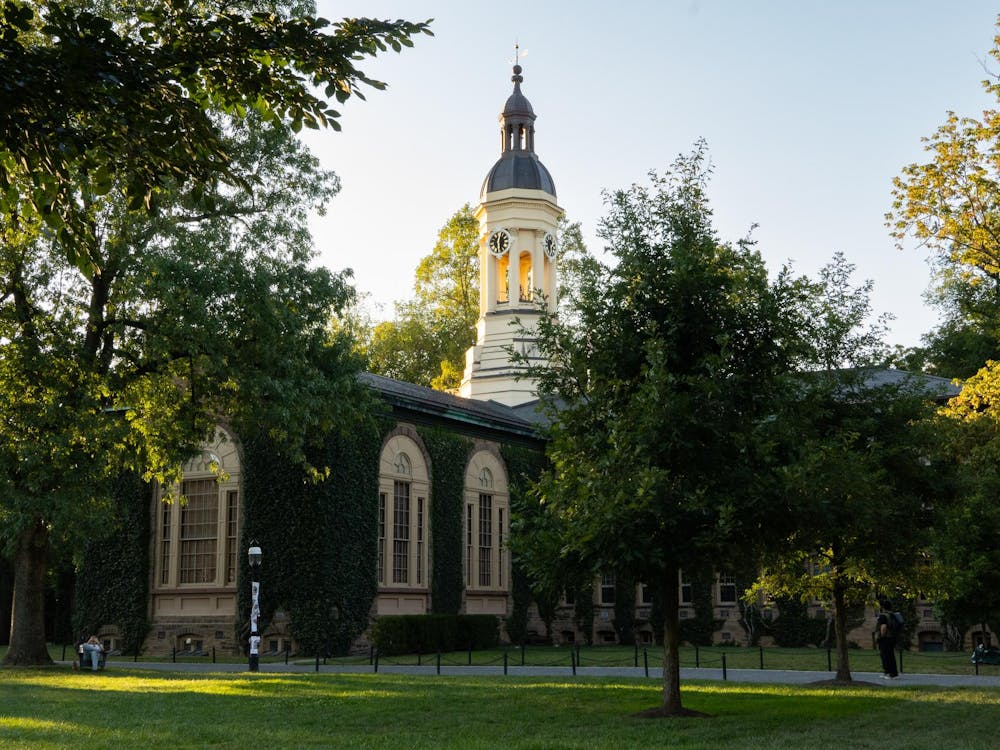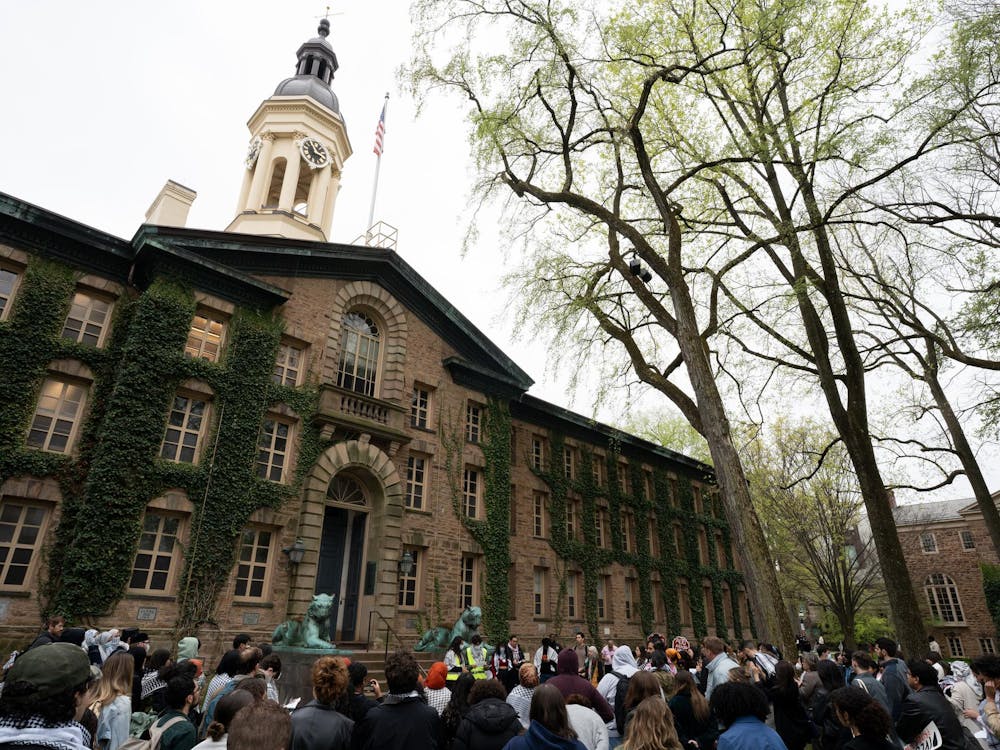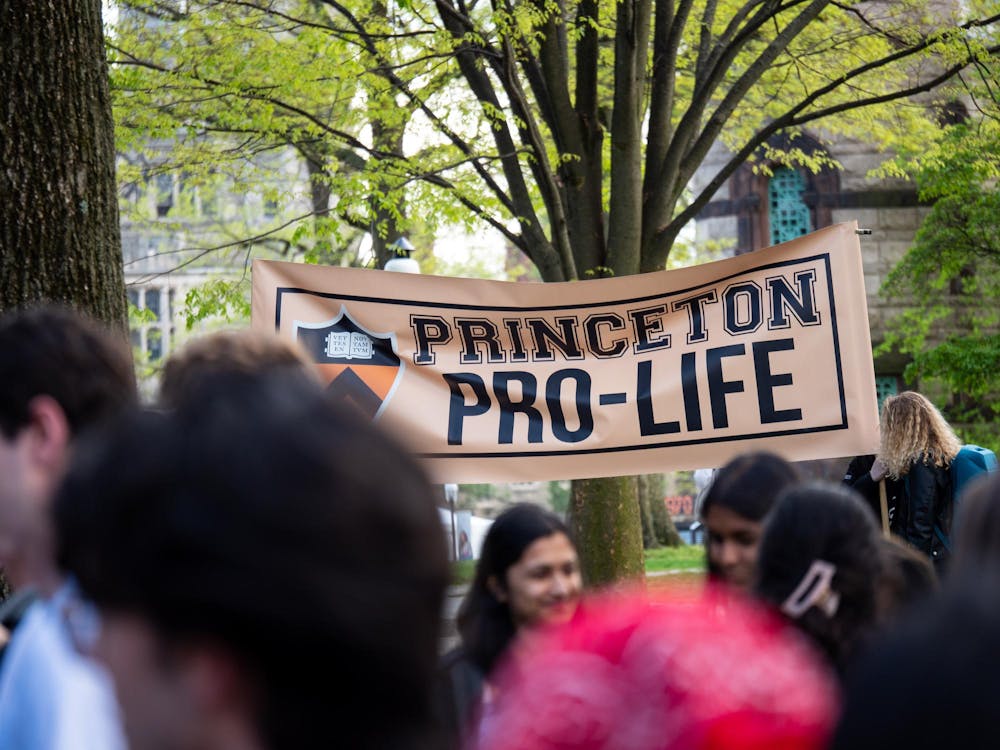Welcome back to campus. This summer brought a lot of front-page headlines from the climate files—from Hurricane Dorian wiping out the Bahamas and ravaging the East Coast to swaths of the Amazon rainforest and Arctic tundra burning at record rates. Europe and Japan suffered through immense heat waves that left thousands dead; wildfires swept through Australia. These ever-graver catastrophes have blown away many of our predictions for what “normal” weather looks like.
For our generation, this is, and will be, the new normal. Yet, many of us are not letting these alarming changes fade into the background, disappearing quietly as news often does. This Friday, millions of people our age and much younger will set out on a week-long session of climate protests and rallies, a Global Climate Strike for the ages, sparked by the activism of 16-year-old Greta Thunberg and her Fridays for Future movement. Here in Princeton, there will be a climate strike outside the Princeton Public Library on Friday at 12:30 p.m. High schoolers and local residents, as well as college students, will speak out about the devastation we’ve seen around the world this summer and call for stronger climate action on a global scale.
Ensconced in the safety of the Orange Bubble, where the only climate events we complain about are unexpected rain showers and nights spent in dorms without air conditioning, it may be difficult to see the importance of participating in events like these or to comprehend the much greater hardships that the climate crisis will impose on global populations. Even here among our peers, however, are countless stories of students’ hometowns and home nations being impacted by climate change.
One friend of mine from Brazil has witnessed how political instability contributed to the uncontrollable burning of the Amazon. Students from Puerto Rico and other Caribbean islands have seen firsthand the devastation of Hurricanes Maria and Dorian.
The faces of climate change are not just halfway across the world, tucked into obscure places — they are on campus among us, visible yet invisible. We pass by them every day.
Despite our close proximity to affected students, climate change can still be confusing when many of us have still not felt its tangible impacts. I often ask myself: How can I possibly make a difference from my position of privilege? While dozens of climate research opportunities exist on campus, with conferences and courses filling the schedule, these academic offerings do not seem to fill my equally-pressing emotional need for climate justice. No matter how much I learn about the climate crisis and its potential solutions, I still feel a yearning to discuss and publicize the devastating human impacts this environmental catastrophe will unleash upon us.
It is in this space of confusion and social angst, wondering whether we as a species can ever come to grips with the permanent damage that fossil fuels will inflict on our planet, where I have found climate activism, such as the upcoming Global Climate Strike on Friday, to be most compelling and useful. Out of my grief for our burning planet and my frustration over the lack of action being taken by the U.S. government (and other governments around the world), I find it comforting to commiserate and protest with fellow activists, both my peers and people of older generations who share my sense of urgency for climate action.
Not everyone on this planet who wishes to will be able to go on strike this Friday. But for those of us in the security and political liberty of the Orange Bubble with an interest in climate justice and the future of life on Earth, there is no excuse for not demonstrating when we can. We can lift up the voices of those who cannot speak out because of political or social oppression. The strike takes only an hour out of our busy schedules, an hour that we can spend calling for climate solutions and spreading the word on social media. The more of us who attend, the more of our climate stories that are told, publicized, and shared with the world.
Claire Wayner is a sophomore from Baltimore, Md. She can be reached at cwayner@princeton.edu.










